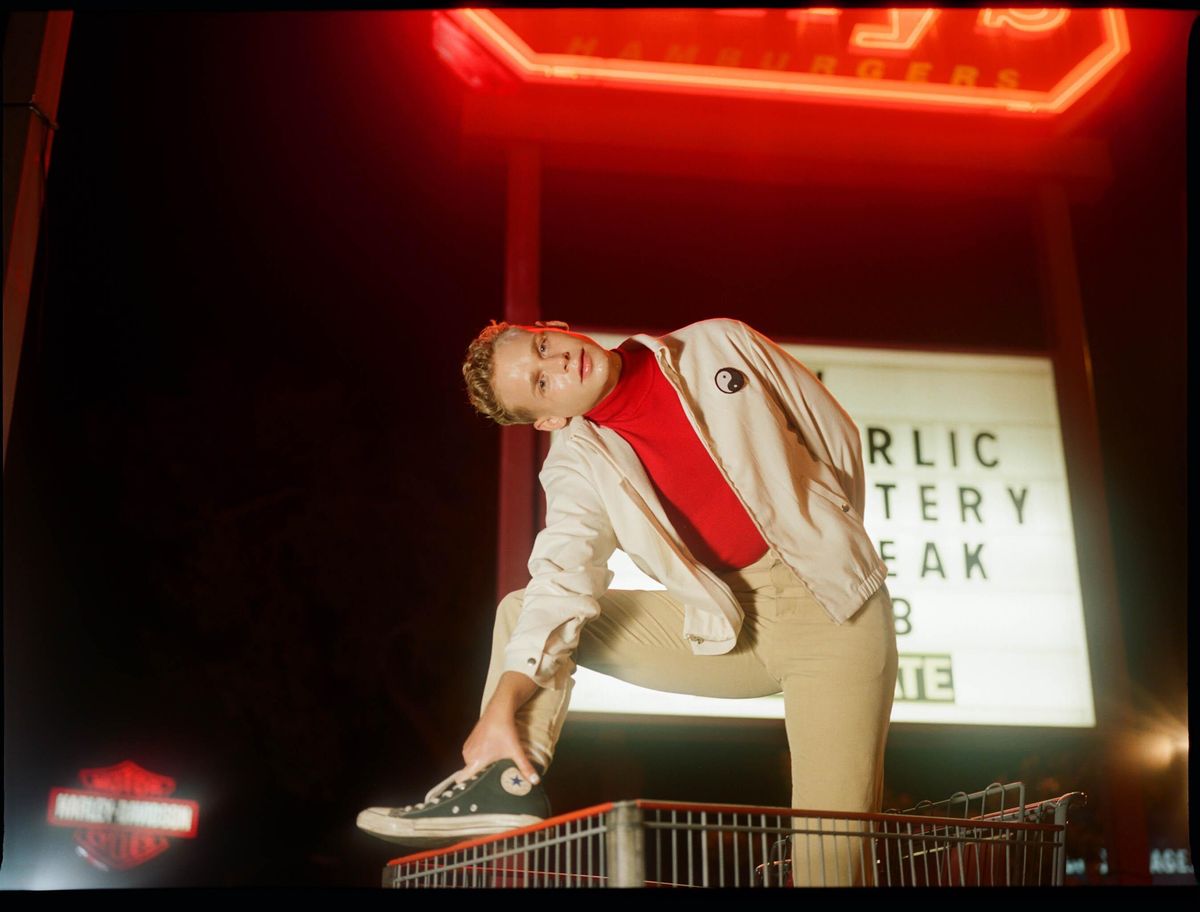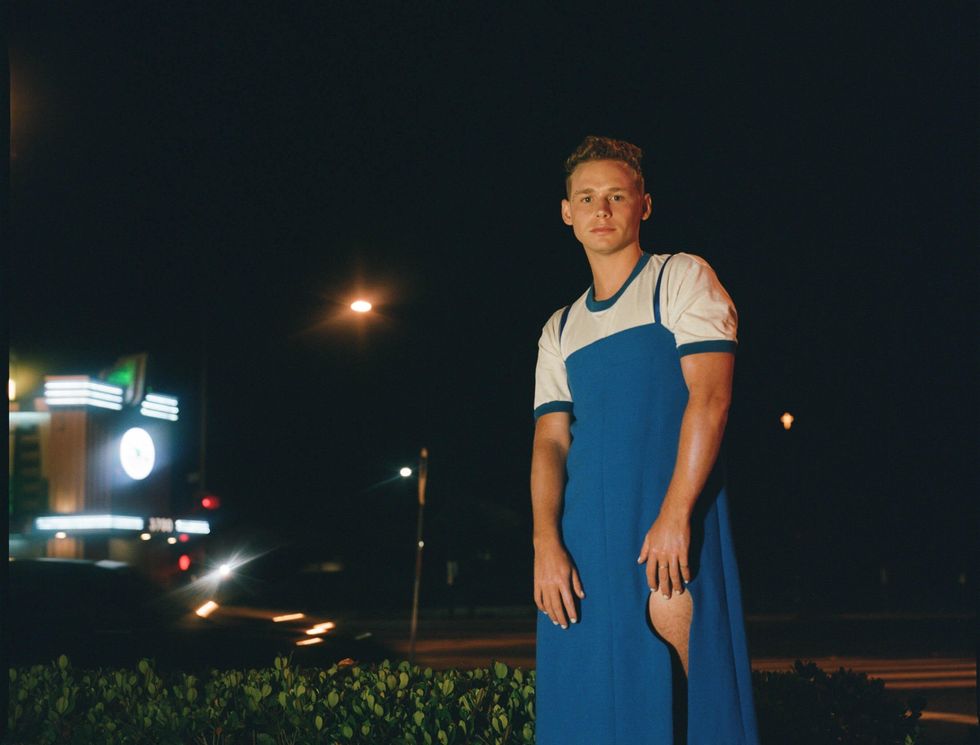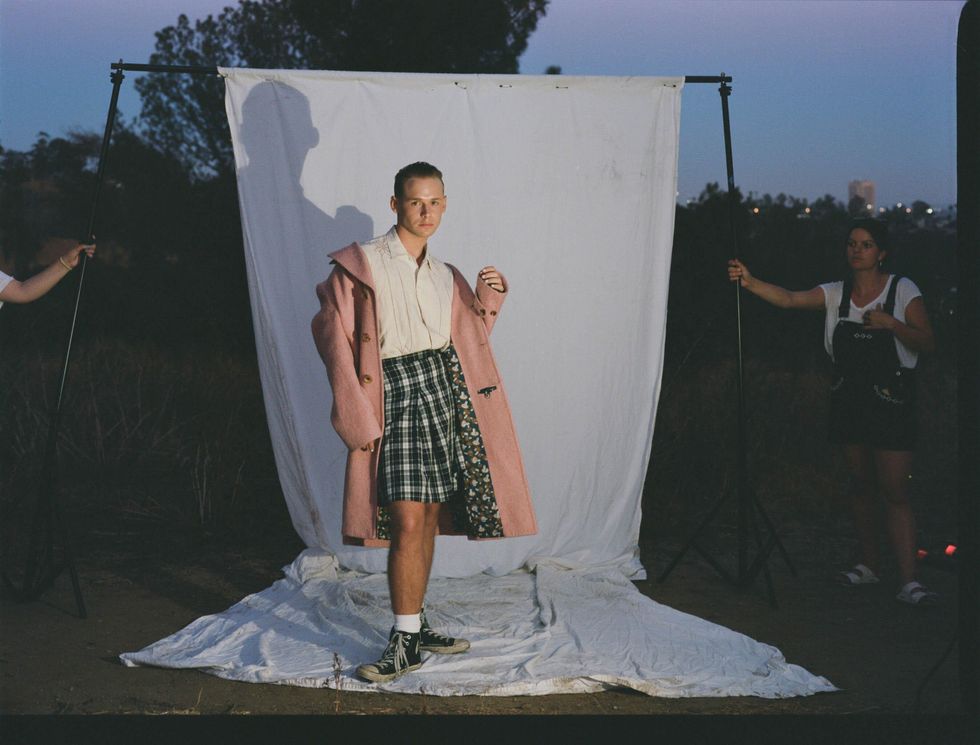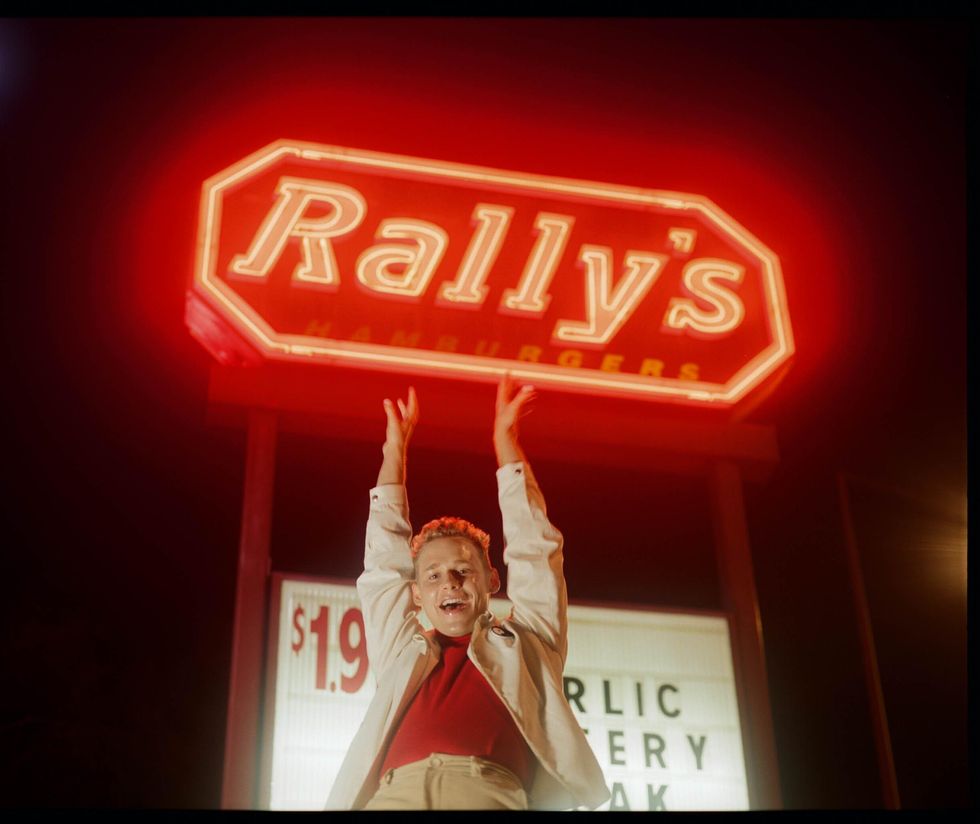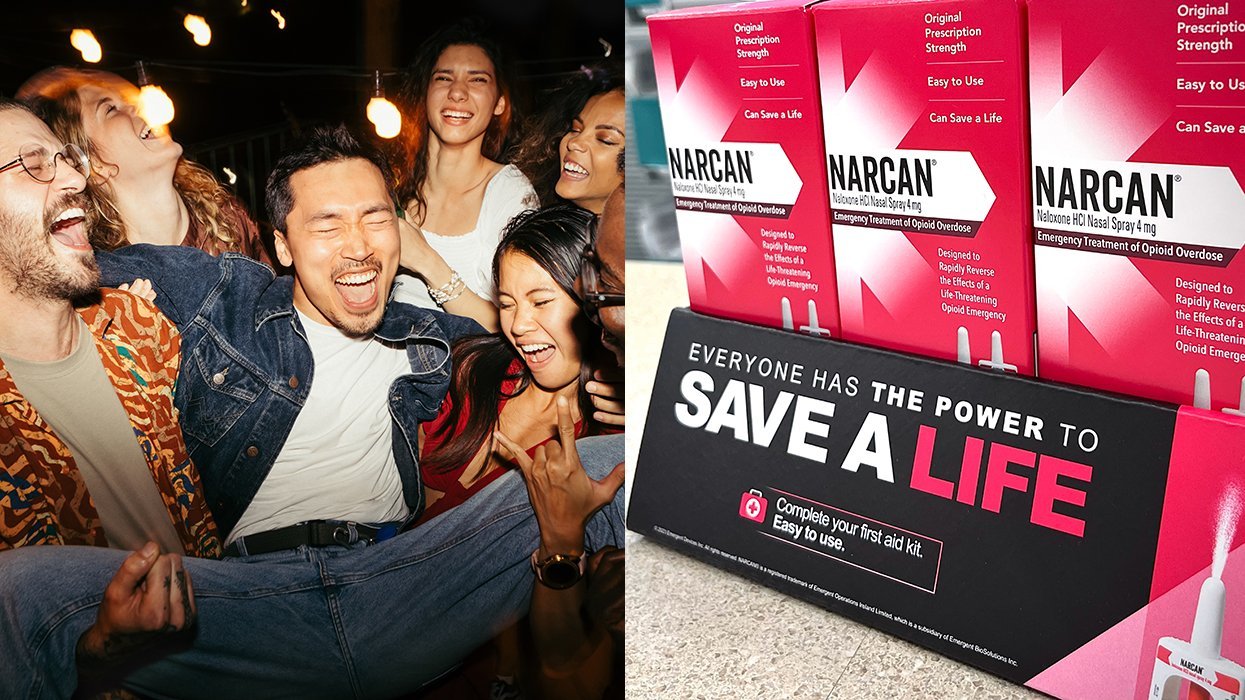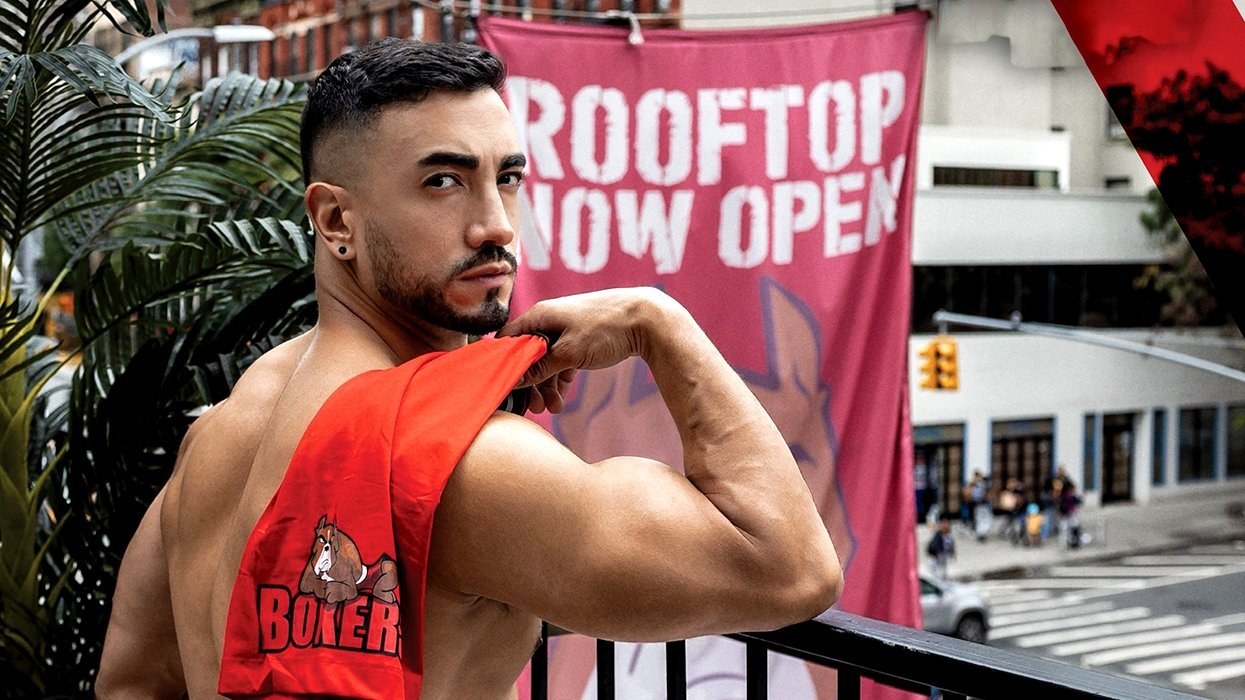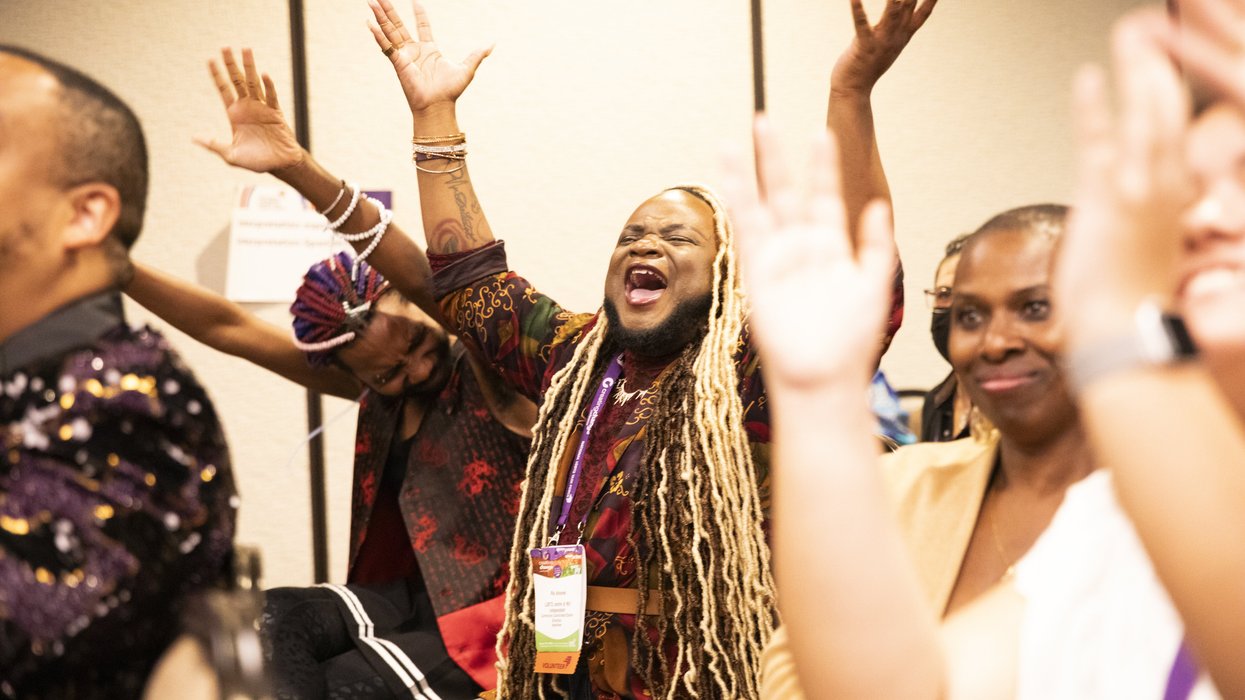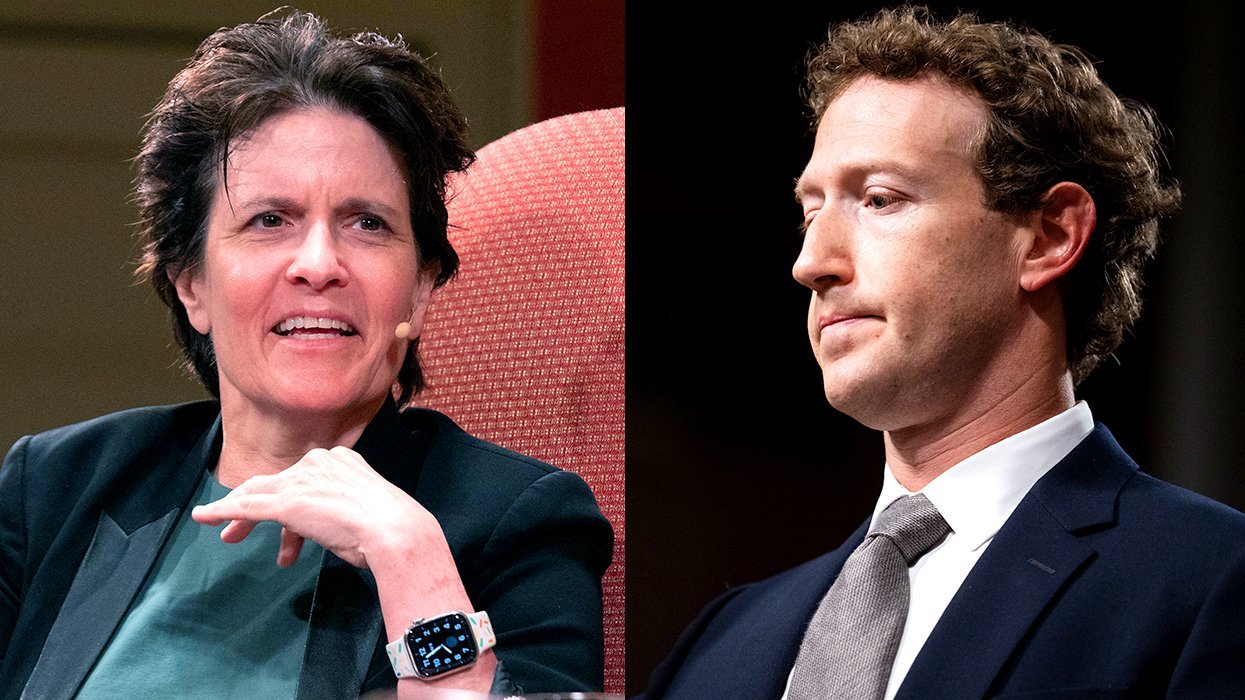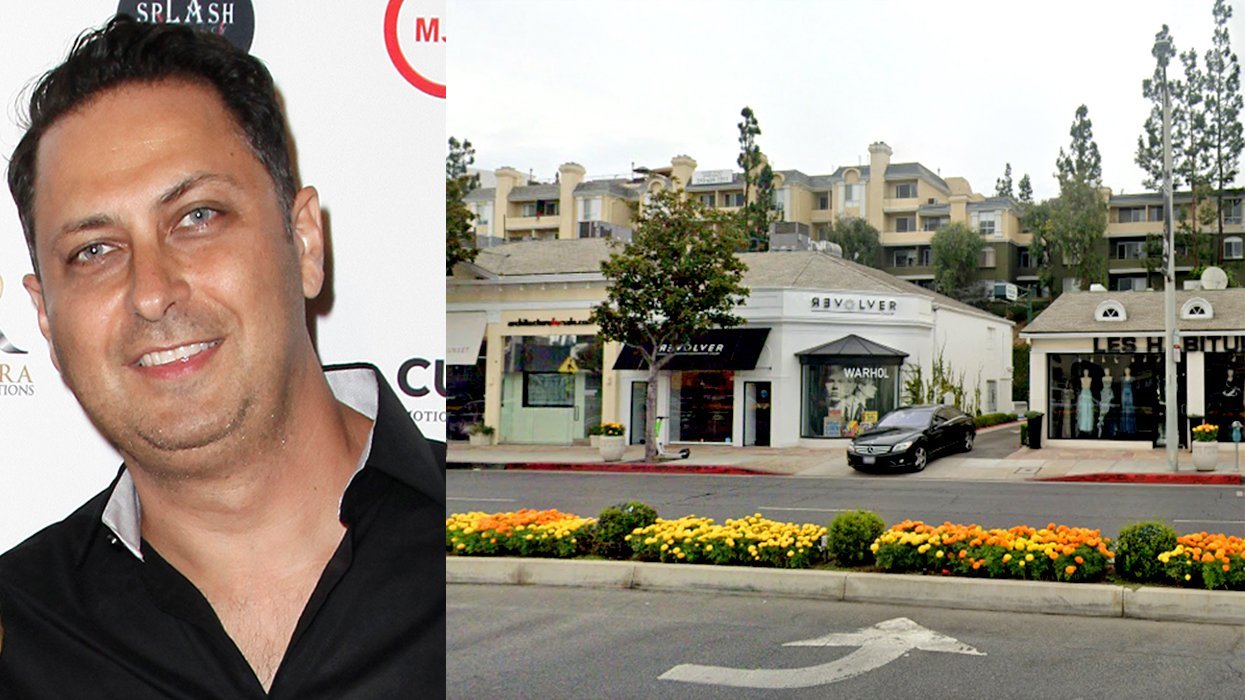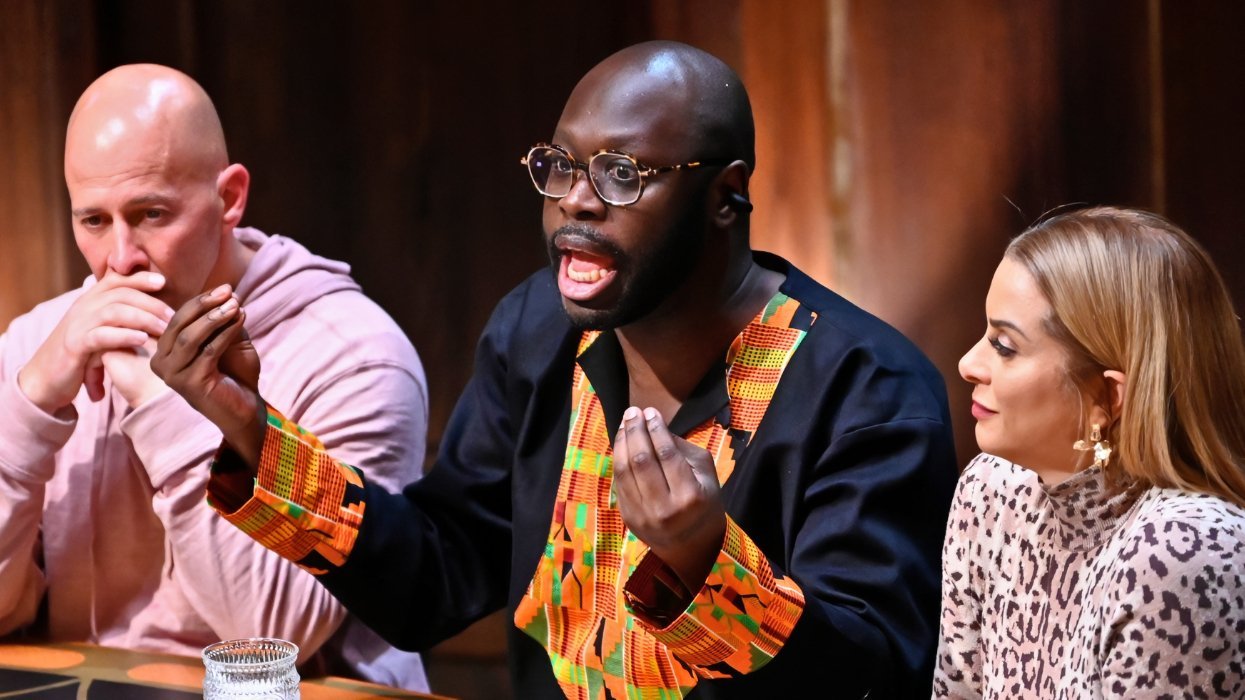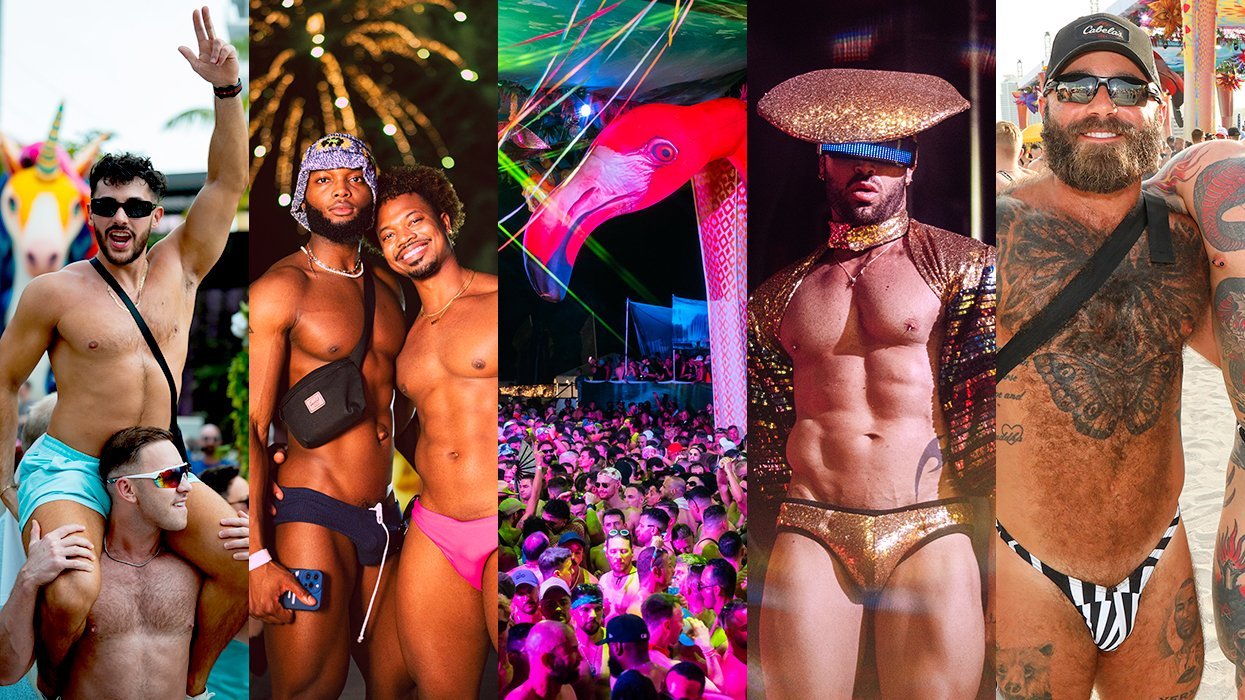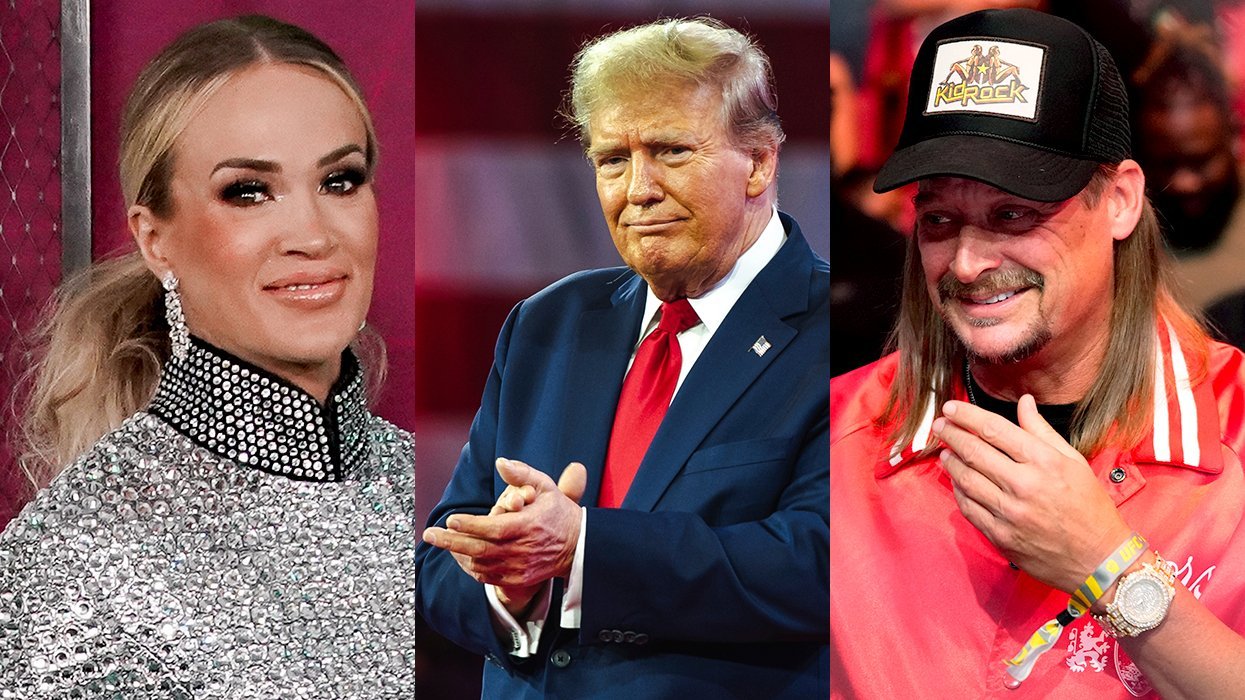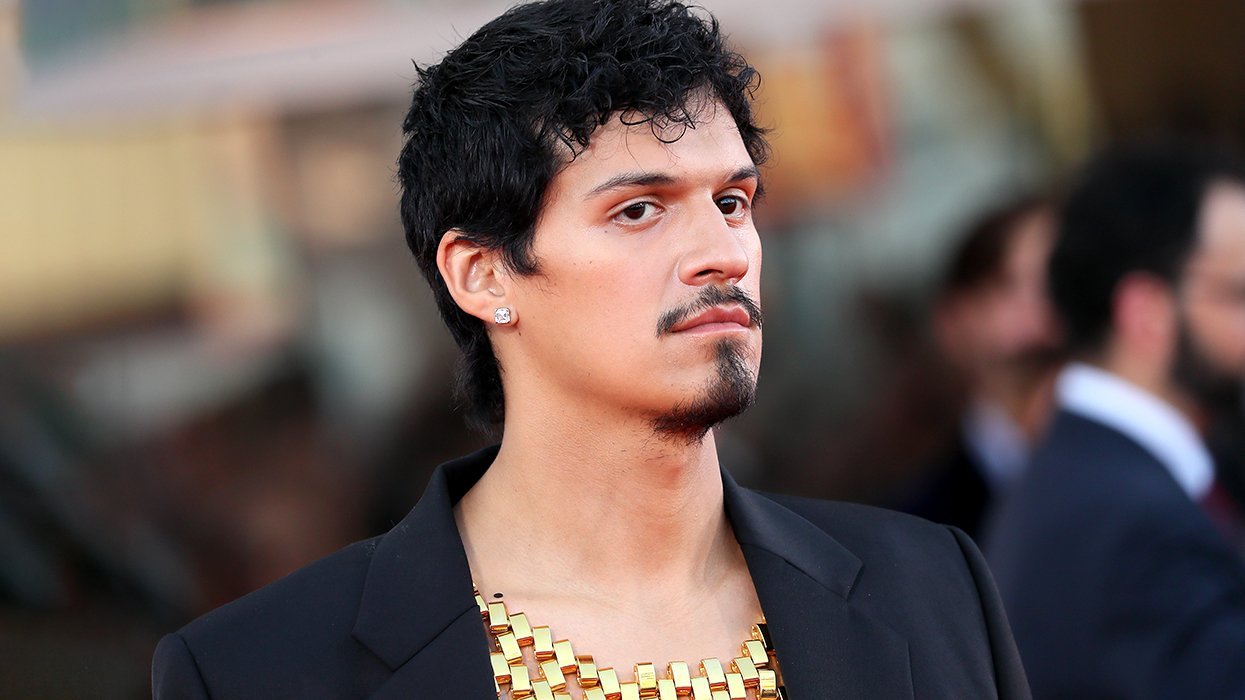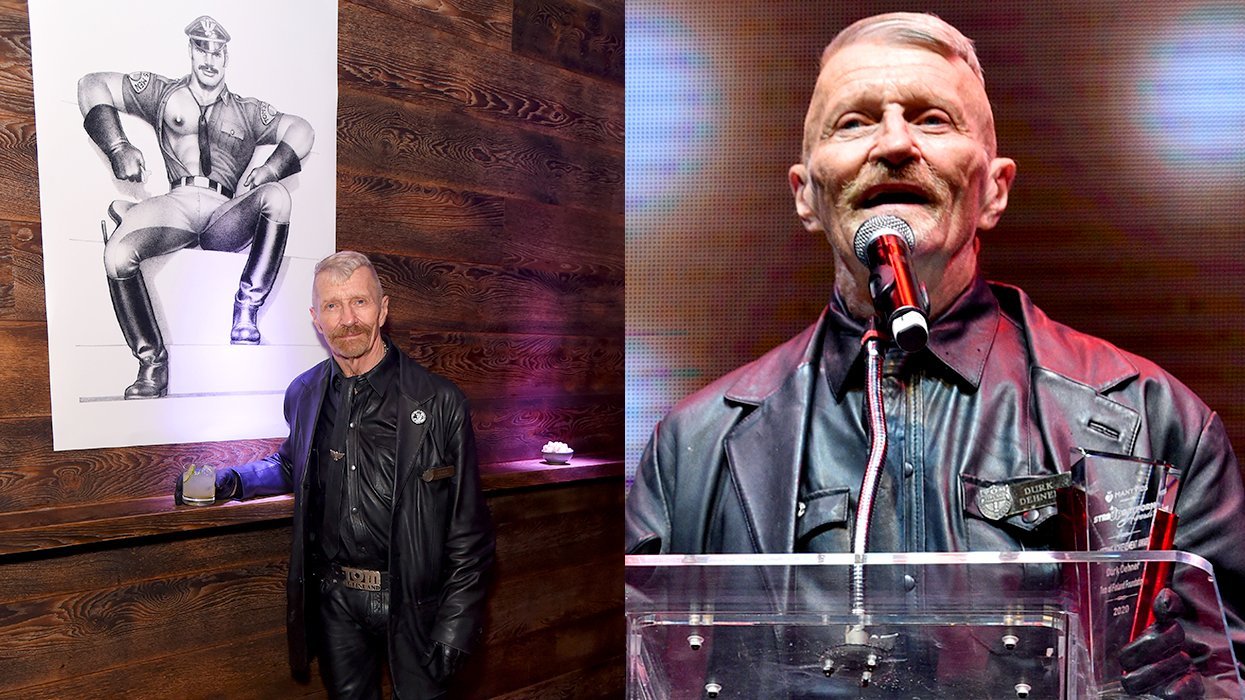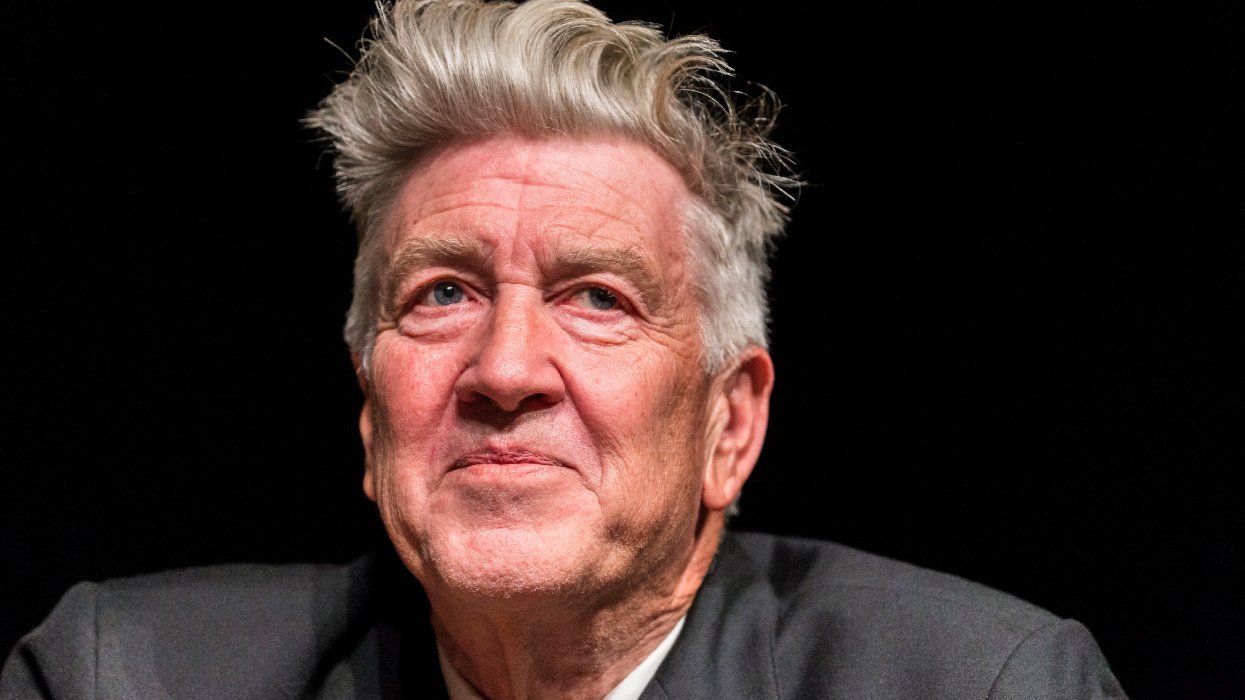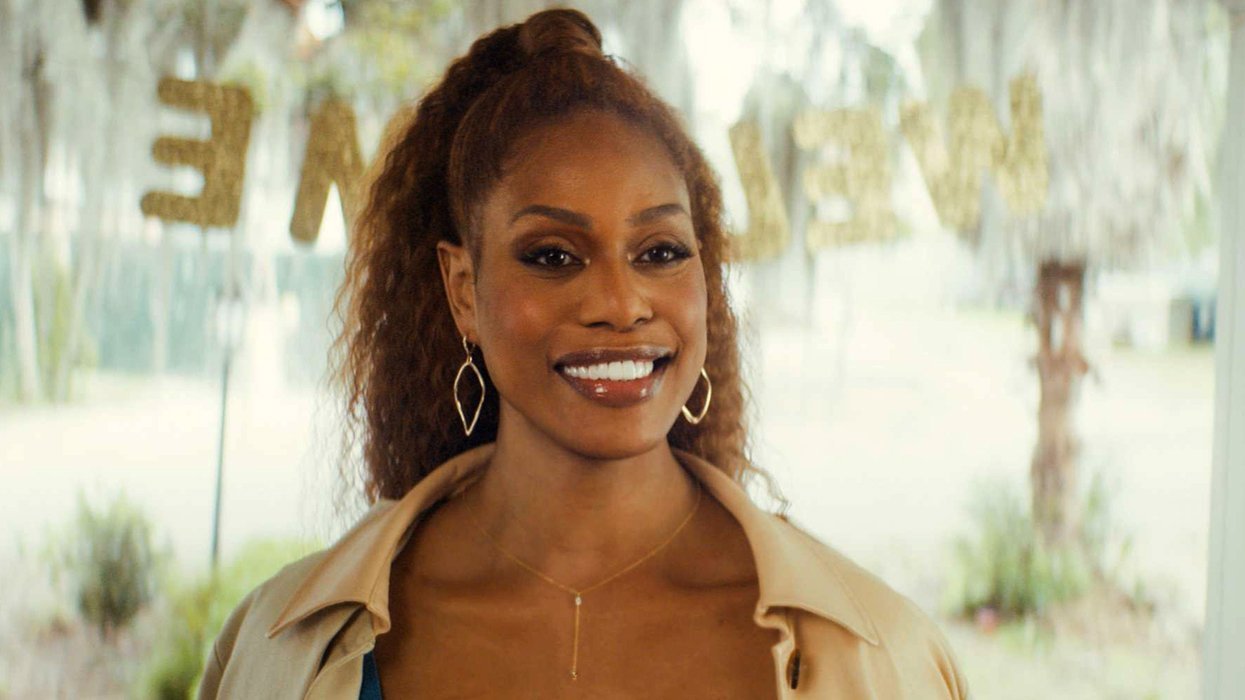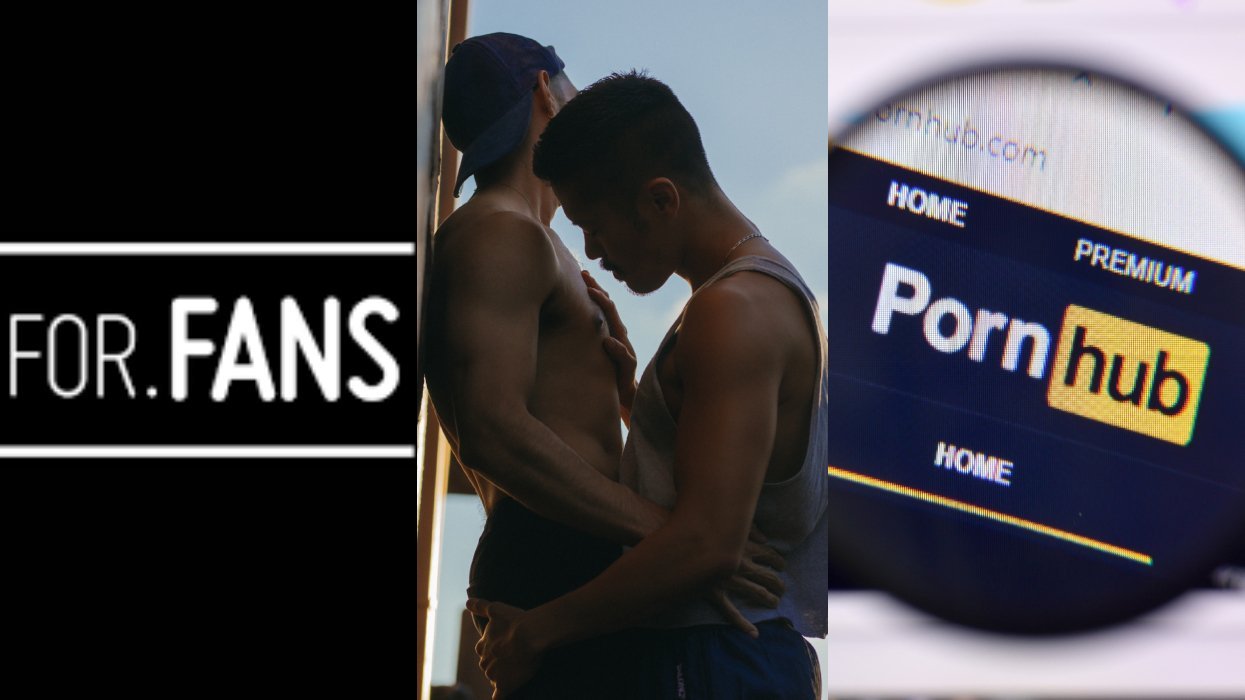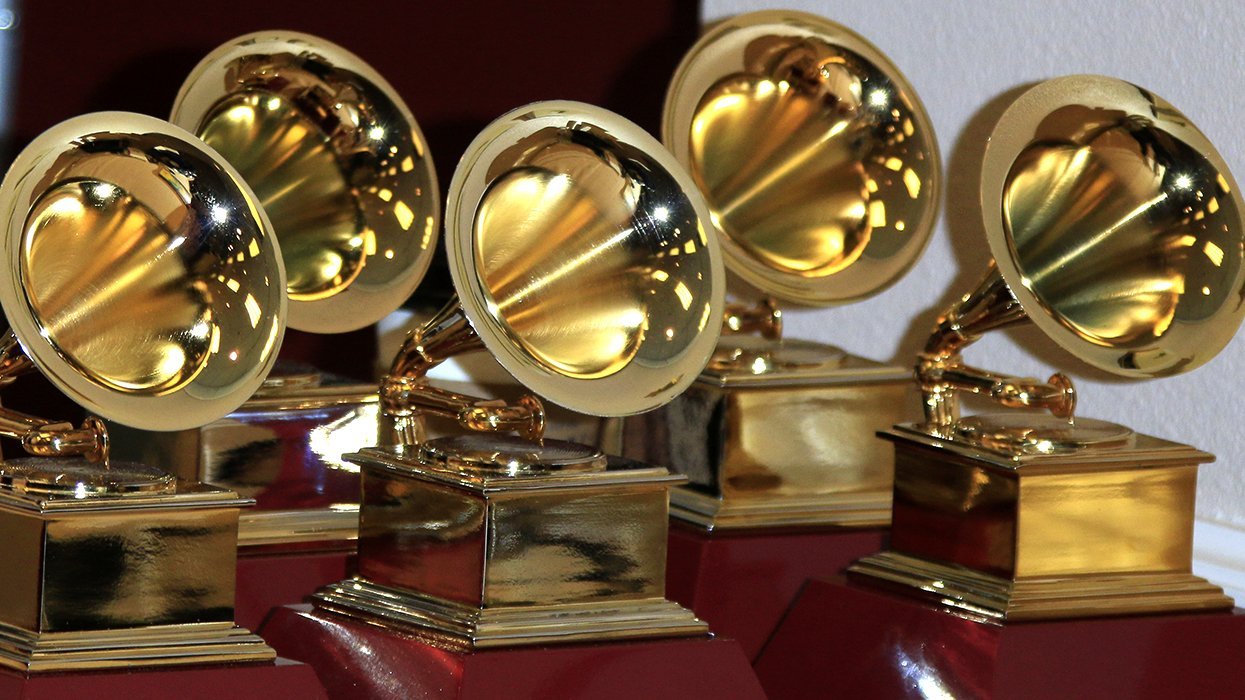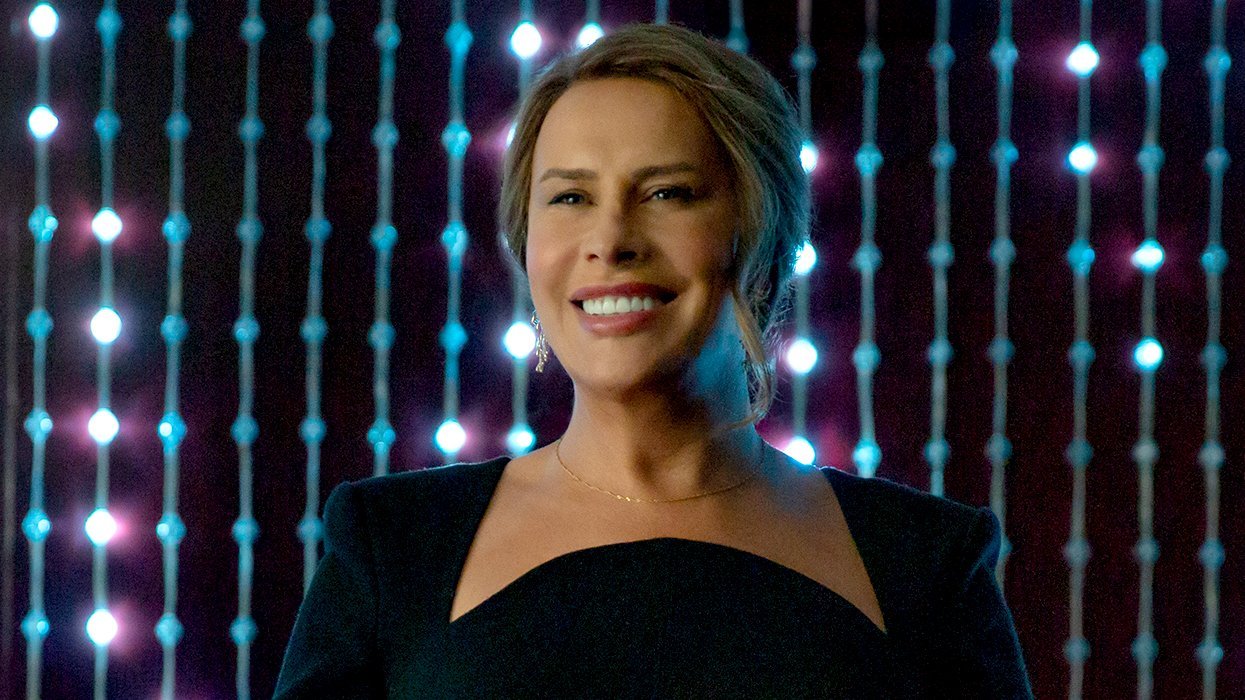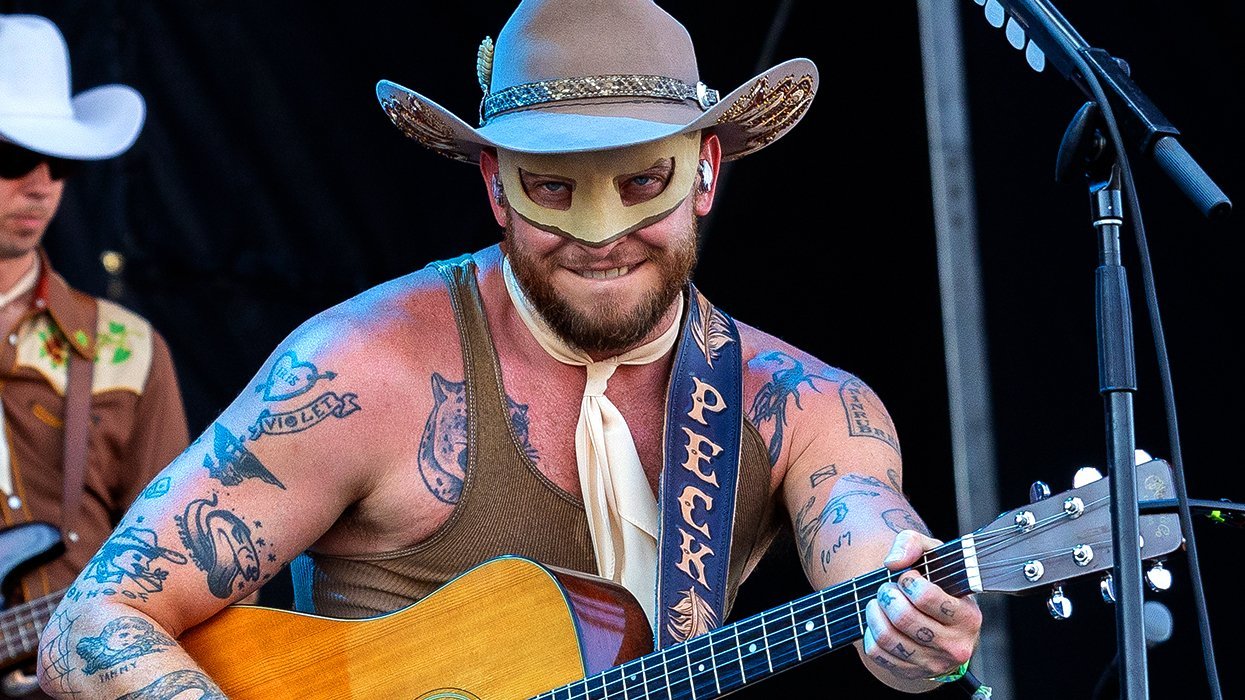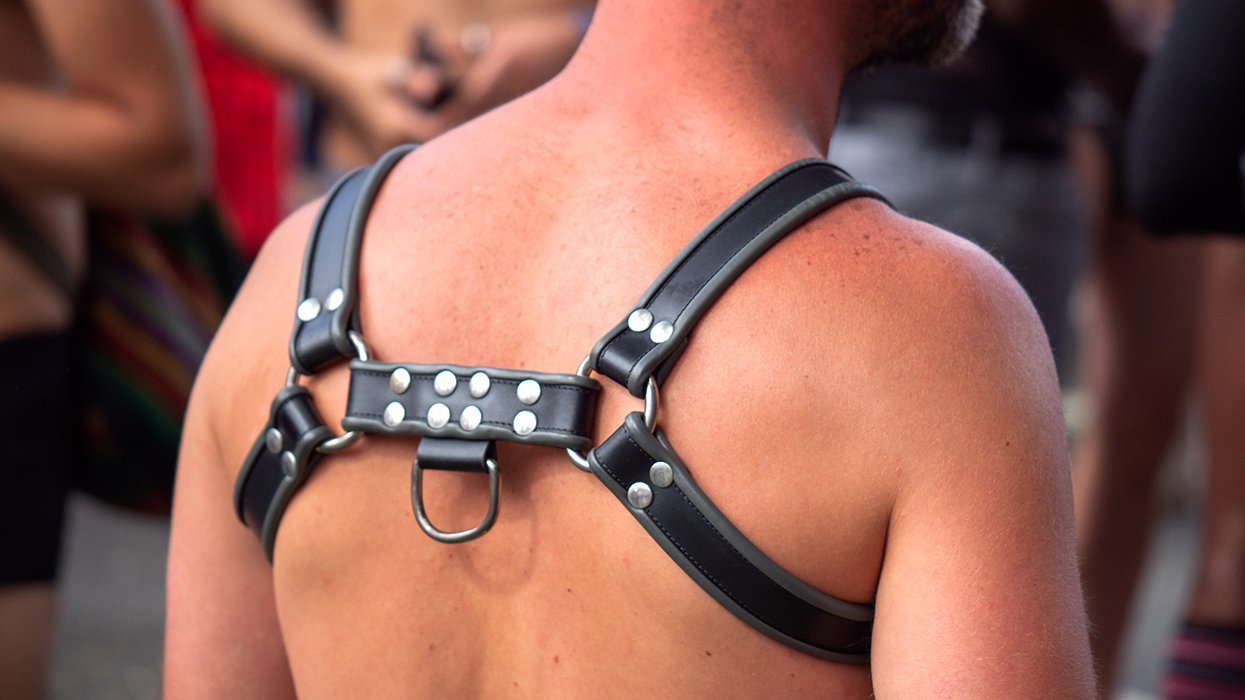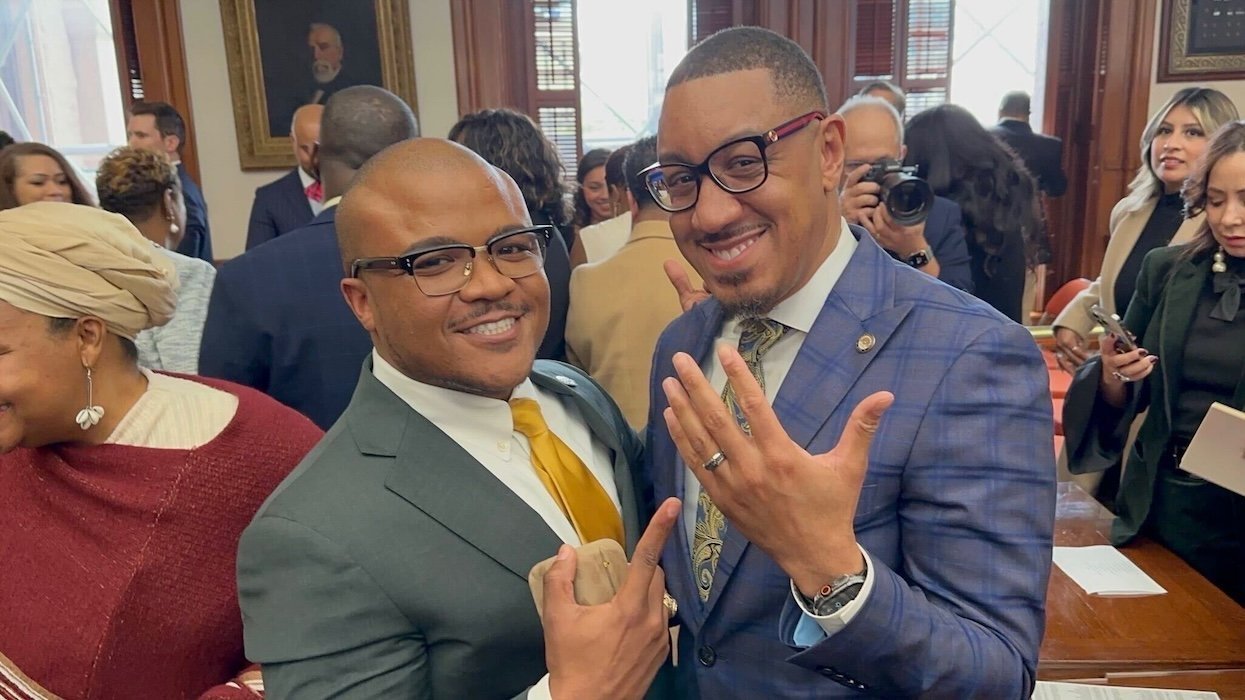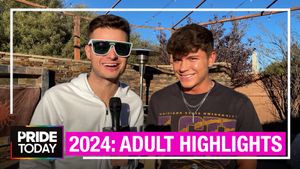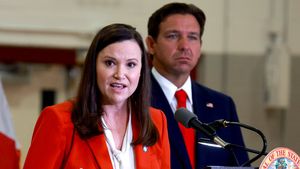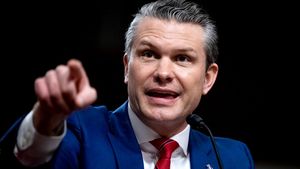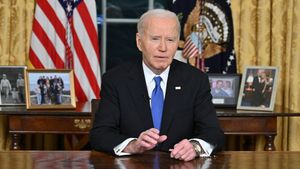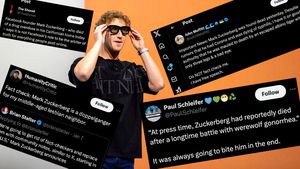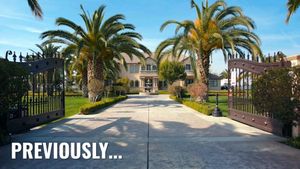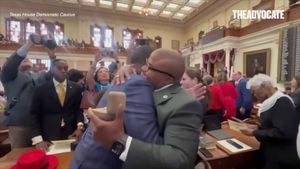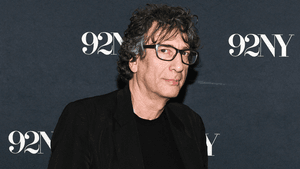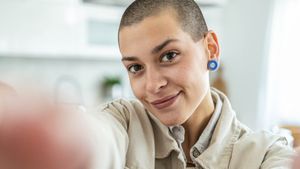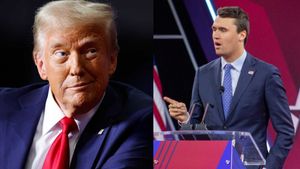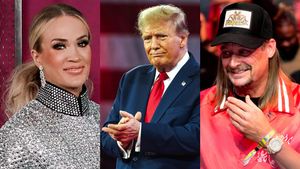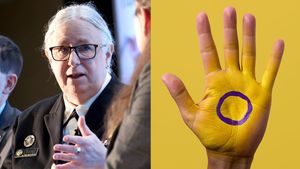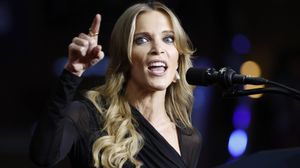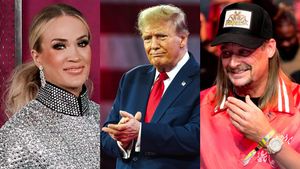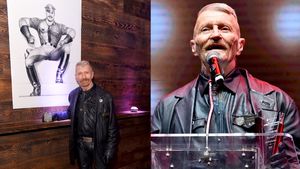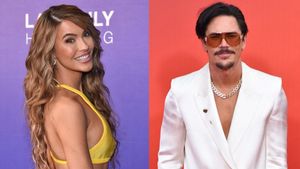Originally published on Milk.xyz
The legacy of misrepresentation (and underrepresentation) in media of minorities is a long one, and the LGBTQ community is no stranger to Hollywood's selective casting. That said, the times are a-changing, and Cole Doman, a midwesterner-turned-Angeleno of Henry Gamble's Birthday Party fame, is diving in headfirst. His mission? To authentically represent queer identity, and fight for continued visibility for the community--one that he feels deserves a sincere narrative. We couldn't agree more; and if anything, Doman is proving the old adage true: with every storm comes a silver lining... but in this case, it's a rainbow one.
I'd love to start with your movie, Henry Gamble's Birthday Party, which got a really good response--what was that like, getting such good reviews?
Oh it was really exciting, of course. I mean I didn't really know what to expect, I guess that's always how it happens. I went into the audition not really knowing anything about the project or the director, which may be irresponsible of me, as an actor, but I was still in college! I shot the movie between my junior and senior year of school. And then for it to not only kick off at a lot of the LGBTQ markets, but also get some mainstream attention as well, was such a blessing. I definitely feel like it was a great platform for me to start off my career, which I'm incredibly grateful for, and since it's now streaming on Netflix and various sources, sometimes I get little love droplets, whether it's a DM on Instagram or my email, it's people all over the world who watch it and relate and respond to it. It's been out for like two years now which is crazy. Time flies.

So it was your first feature film role.
Yeah, it was the first time I'd ever done anything on camera, actually.
Oh really? What was that like?
Well I think there's something really special about being an actor in Chicago, where, in my experience, I was performing a lot experimental plays, where you know it's 20 feet houses, so there's a level of intimacy that comes along with that which I think helps the translation of the intimacy with the camera. So it's obviously a skill, a technique, and you learn and honestly the best for me to have done that was just to throw myself in headfirst.
So I guess with the camera so close there's definitely an intimacy there.
Yeah, and it's really shifted my perspective as far as career trajectory. Before, I had considered LA and TV and film but I was really such a theater fan. But that's why I'm in LA now, you know, and pursuing a lot of those kind of ambitions.

How did you get involved with the on camera acting versus theater acting?
Yeah, well it was an audition that I got, and I showed up and like I said I didn't know much about the project or the director, and I auditioned for a smaller role in the film and the director asked me if I would be interested in reading for Henry, and of course I said yes, and it sort of just clicked from there.
Do you feel like you resonated a lot with your character and with the story?
Oh yeah, absolutely. I mean I was raised in a religious family, I went to Catholic school, and so I understand what it was like to be a queer person trying to come to terms with sexuality in a bubble where it wasn't as accepted or celebrated. And so, going back to that place that I was at, when I was maybe 14 or 13, Henry is going through those things at 17. So just being empathetic to what that must be like, later in life, it was really fun to tap into that and I was surrounded by amazing actors and friendly talented crews and it was really a dream come true.
That's awesome, so you were really able to draw from your own experience to fuel the role.
Yeah, definitely.
So in terms of acting in general, how did you get started? What made you want to act?
Yeah, well my mom was an actress in New York, in the '80s, and my sister is also an actress in New York, and so growing up it was just sort of a part of our life. Musical theater, singing in the car, going to plays and musicals, and you know, one thing led to the next and I went from putting on Wizard of Oz at a summer camp to my first professional experience. It's exhilarating and it's a rush. My mom really instilled the importance of art growing up, and what that could do for a human, and empathy, and something about that--it was like, if I could do that for my career, I mean, what else is there. So that was really my way in, and since then I've been really lucky to be able to continue to pursue that and have the support system that I have.

So you did the feature film, and as far as future or current projects--I know you have an indie film coming out and a queer web series called Kissing Walls?
Yeah, that's right! So the web series I did, Kissing Walls, is directed by Zak Payne, and it's just sort of about millennials, in their 20s, friendships, coming-of-age style, with a queer lens. It was a very small project we did, three episodes last year, and now we have a little bit of a backing so we're gonna do a six episode second season, and we're gonna shoot that next month in Chicago. Of course, for me, as a queer person, I'm always seeking out projects that, you know, give visibility and life to a new voice, a new face, and a new narrative, especially one that has been created by a queer person and not necessarily a portrait of what someone believes a queer person should be. I'm also producing and starring in this short film with my lovely talented friend Hilton Dresden, so we're a little duo, and we're in pre-production to shoot a short in the film. It's sort of Romy and Michele meets The Beguiled, about two queer femmes who get revenged. But it's a comedy and very light and silly, so definitely has those Clueless vibes, Legally Blonde vibes too. It's got a good energy. Because, you know, I've been in LA for almost a year now, and there's been so much opportunity here, but there is a lack of authentic queer perspective in the industry, in the mainstream. So I think, especially after the year we've had as a country, and the socio-political climate, it's been really important and really energized me to kind of continue the conversation as a queer person and continue to go to work and be heard and make things. So it's really lit a fire under my ass, and I think the LGBTQ community has really risen to the challenge, and in a bleak time, is fighting for more visibility than ever.
Definitely, and really having people who get it be behind the scenes and behind the production puts it in a more authentic light, like you said.
Right, and I think it's no secret that queerness and gayness, it's kind of "chic" right now. And if there's one thing about writing that role of a gay character or trans character on your show, but it's another thing to actually cast a person that can bring an authentic point of view. You know what I mean? The idea is there, but it stops short when it's actually about giving an opportunity to a queer person. So the conversation stays in the heteronormative perspective of what queerness is, but doesn't actually change it.
Yeah, I mean there's the token queer character that's played by someone who's not queer... it's like, why don't you just cast a queer actor?
Yeah, right, and of course there are amazing actors who portray characters that are gay when they're not, and they're incredible, so I don't want to say that, but at this time, right now, I think it's really important to not glaze over queerness, and not serve just the vanilla version of queer. How about the fucking strawberry version.
Photography: Grace Pickering
Styling: Jake Sammis
Hair & Makeup: Danni Katz
